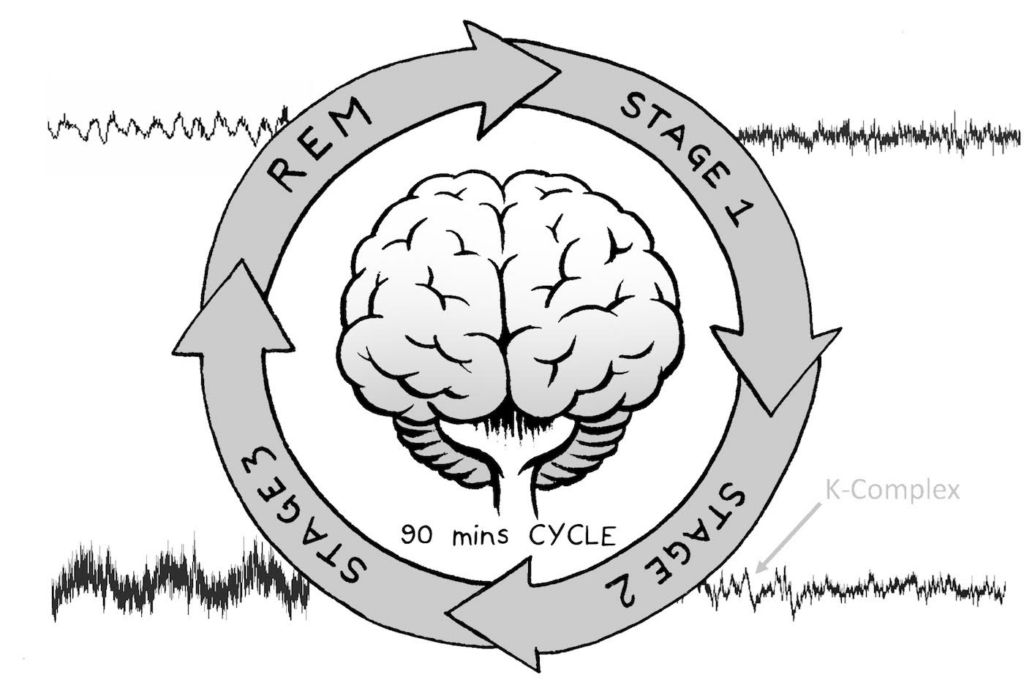The Mystery of Sleep: Why We Sleep and Its Health Effects
The importance of sleep can’t be overstated. In our previous explorations, such as in “The Mystery of Sleep: Understanding Its Importance and Health Impacts,” we delved into the foundations of why sleep is vital for our overall well-being. Now, let’s continue unraveling this enigma by exploring the deeper reasons behind the necessity of sleep and the profound impact it has on our health.

Why Do We Sleep?
Sleep remains one of the most important yet incompletely understood phenomena in biology. Researchers have proposed several theories that offer insights into why we sleep:
1. Restoration Theory
The restoration theory suggests that sleep allows the body to repair itself. During sleep, numerous crucial processes occur:
- Cell repair and growth: Sleep promotes the production of proteins and hormones involved in tissue repair and muscle growth.
- Detoxification: The brain clears out waste products accumulated during the day, a process that’s especially enhanced during deep NREM sleep.
- Immune system strength: Sleep bolsters the immune system, helping to ward off infections and diseases.
2. Energy Conservation Theory
Another reason for sleep is energy conservation. Historically, sleep helped humans save energy in periods where finding food was more challenging. During sleep, our metabolic rate decreases, allowing us to maintain our energy balance effectively.
3. Cognitive Function Theory
Perhaps one of the most compelling reasons we sleep is its critical role in brain functionality:
- Memory consolidation: Sleep converts short-term memories into long-term storage, particularly during REM sleep.
- Learning and problem-solving: Crucial cognitive processes are optimized during sleep, facilitating better learning and creative problem-solving abilities.
- Emotional regulation: Sufficient sleep helps in regulating emotions, reducing the risk of mood disorders such as anxiety and depression.
The Health Effects of Sleep
Understanding why we sleep sets the stage for appreciating its myriad health benefits. Let’s unpack these further:
Physical Health
Sleep is like a nightly tune-up for your body. Here’s how:
- Heart Health: Regular, quality sleep plays a crucial role in maintaining heart health. It reduces stress levels, regulates blood pressure, and decreases the risk of cardiovascular diseases.
- Weight Management: Adequate sleep helps regulate hormones like ghrelin and leptin, which control hunger and fullness. This balance is vital for preventing obesity and managing a healthy weight.
- Immune Function: As we’ve noted, sleep enhances the immune system, aiding in faster recovery from illnesses and increasing resistance to infections.
Mental Health
Sleep is equally critical for mental health. The benefits are numerous:
- Reduced Stress: Good sleep mitigates stress levels, lowering the production of stress hormones like cortisol.
- Enhanced Mood: Sleep has a profound effect on mood regulation, helping to stave off conditions such as depression and anxiety.
- Improved Cognitive Function: With restful sleep, your brain processes information more effectively, enhancing learning, memory, and decision-making abilities.
Sleep and Chronic Conditions
Chronic sleep deprivation is linked to a host of long-term health issues:
- Diabetes: Lack of sleep can alter the way the body processes glucose, increasing the risk of type 2 diabetes.
- Obesity: Sleep deprivation disrupts metabolic function and can lead to weight gain, creating a vicious cycle that further deteriorates sleep quality.
- Hypertension: Persistent lack of sleep can lead to high blood pressure, elevating the risk of heart attack and stroke.
Improving Sleep Quality
Given its paramount importance, how can we improve sleep quality? Here are a few expert-backed tips:
Create a Sleep-Inducing Environment
- Comfortable Bedding: Ensure your mattress and pillows are comfortable and supportive.
- Optimal Temperature: Maintain a cool, slightly chilly room temperature to facilitate better sleep.
- Reduce Noise and Light: Use blackout curtains and white noise machines if necessary to create a serene sleep environment.
Adopt a Consistent Sleep Schedule
Going to bed and waking up at the same time every day, even on weekends, helps regulate your circadian rhythm. This regularity promotes higher quality sleep.
Limit Exposure to Blue Light
Minimize screen time before bed, as blue light from phones, tablets, and computers can disrupt melatonin production, the hormone responsible for sleep.
Mind Your Diet and Exercise
- Avoid Heavy Meals: Refrain from consuming large meals close to bedtime to prevent discomfort and indigestion.
- Regular Exercise: Engaging in regular physical activity, preferably earlier in the day, can help you fall asleep faster and enjoy deeper sleep.
Conclusion: Embracing the Mystery
Although we continue to uncover the secrets behind why we sleep and its profound health effects, the mystery of sleep remains one of the most fascinating domains of human biology. From physical restoration to cognitive robustness, the importance of sleep is evident across every aspect of our well-being. By prioritizing and optimizing our sleep, we can harness its full benefits, paving the way for a healthier, more balanced life.
If you’re curious to delve deeper into the science of sleep, consider exploring resources such as the National Sleep Foundation for additional insights and research.


